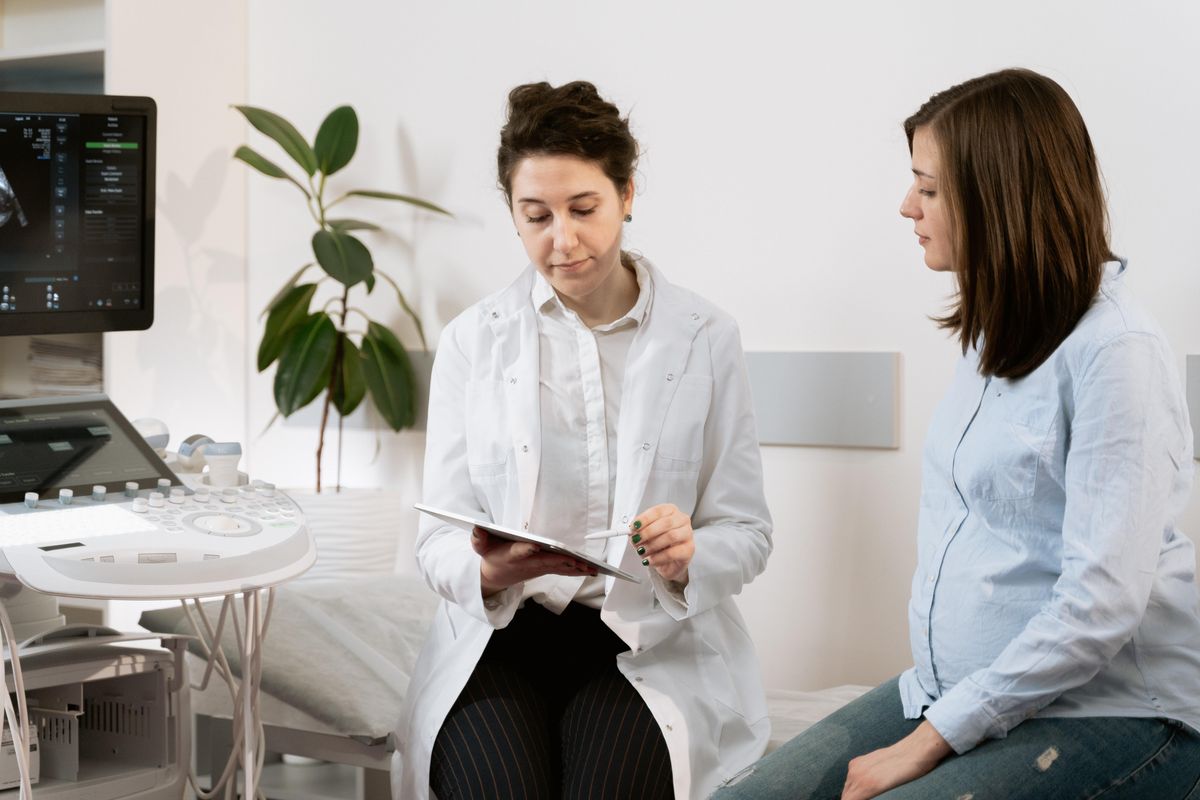You've no doubt seen numerous health care professionals throughout your life: the dentist who works on your teeth, the obstetrician who gives you check-ups or delivered your daughter, the optometrist who prescribed your contact lenses and the pharmacist who filled your prescriptions. How did you choose these practitioners? Through the yellow pages? On a referral from a doctor? Based on the recommendation of your next-door neighbor? Because they were on a list from your insurance company?
It's really amazing how little thought many of us give to choosing health care practitioners, some of whom we entrust with our very lives! It's important to find practitioners you trust, particularly your primary care physician. This person can be a family practitioner or internist; a woman may even choose her obstetrician/gynecologist as her primary care doctor, but, in that instance, confirm that the doctor also practices primary care.
Start by making a list of the aspects that are most important to you in a doctor. This might include such things as gender, language spoken, location of office, experience, ease of getting an appointment and if the office is run well (so you're not kept waiting). You may also want a doctor who specializes in certain conditions, such as diabetes, or one who has a nurse practitioner on staff. And, most likely, you also want one who accepts your health insurance.
Other things to find out:
- What hospitals do they cover?
- How many doctors are in the practice?
- Are they board certified?
- Do they have a North American Menopause Society Menopause Practitioner Competency Certification?
- Who covers for them when they're out of town or not working?
- Where is lab work performed?
Talk to friends and colleagues about their doctors—pros and cons—and make a list. You can also get referrals from your local hospital system, although it won't provide any information on the quality of the doctor.
Then call the doctors' offices and ask questions. Talk to the receptionist first. Is she friendly? Does she sound like she enjoys her job? Ask her what the average waiting time is, if you can get same-day appointments and if the office processes medical claims. Are there other practitioners in the office, like a nurse practitioner or physician's assistant? Will the doctor respond to e-mails? How about returning phone calls?
You may even want to schedule an appointment to meet the doctor and interview him or her yourself. Expect to pay for this, however; your insurance won't cover it, and most doctors today are too busy to give up their time for free.
Some questions to ask the doctor:
- What is your practice philosophy?
- Where were you trained?
- What specialists do you typically refer to?
Once you find a doctor you like, it's important that the two of you communicate well. After all, if you don't understand your condition or the recommended treatment, you're not going to get well.
To that end, the Partnership for Clear Health Communication has created the "Ask Me 3" program, designed to help patients better understand the health information they receive from their health care professionals. When you see your doctor, or any other health care professional, ask these three questions:
- What is my main problem?
- What do I need to do?
- Why is it important for me to do this?
You might want to write down the answers, or have a friend write them down. If you still don't understand, tell your health care professional and maybe even ask for a picture to help explain it better.
When your doctor prescribes medication, for instance, ask how to spell the name of the drug and write down any possible side effects. Also write down the dosage and how often to take it. To make sure you've got it right, show it to your doctor. Find out if you'll need refills, how long to take the medication and if it might interact with other medications or supplements you take. You can double-check the same things when you pick up your prescription from the pharmacist.
When tests are ordered, make sure you get the results, either in the mail if they're negative, or on the phone or in person if they show a problem. Don't assume that you're fine if you don't hear from the doctor; things can get overlooked or lost in a health care professional's office just like they can in your home.
Remember, there is nothing more important than your health. If your health care professional balks at spending the time you need to understand what's going on, then it might be time to switch.







